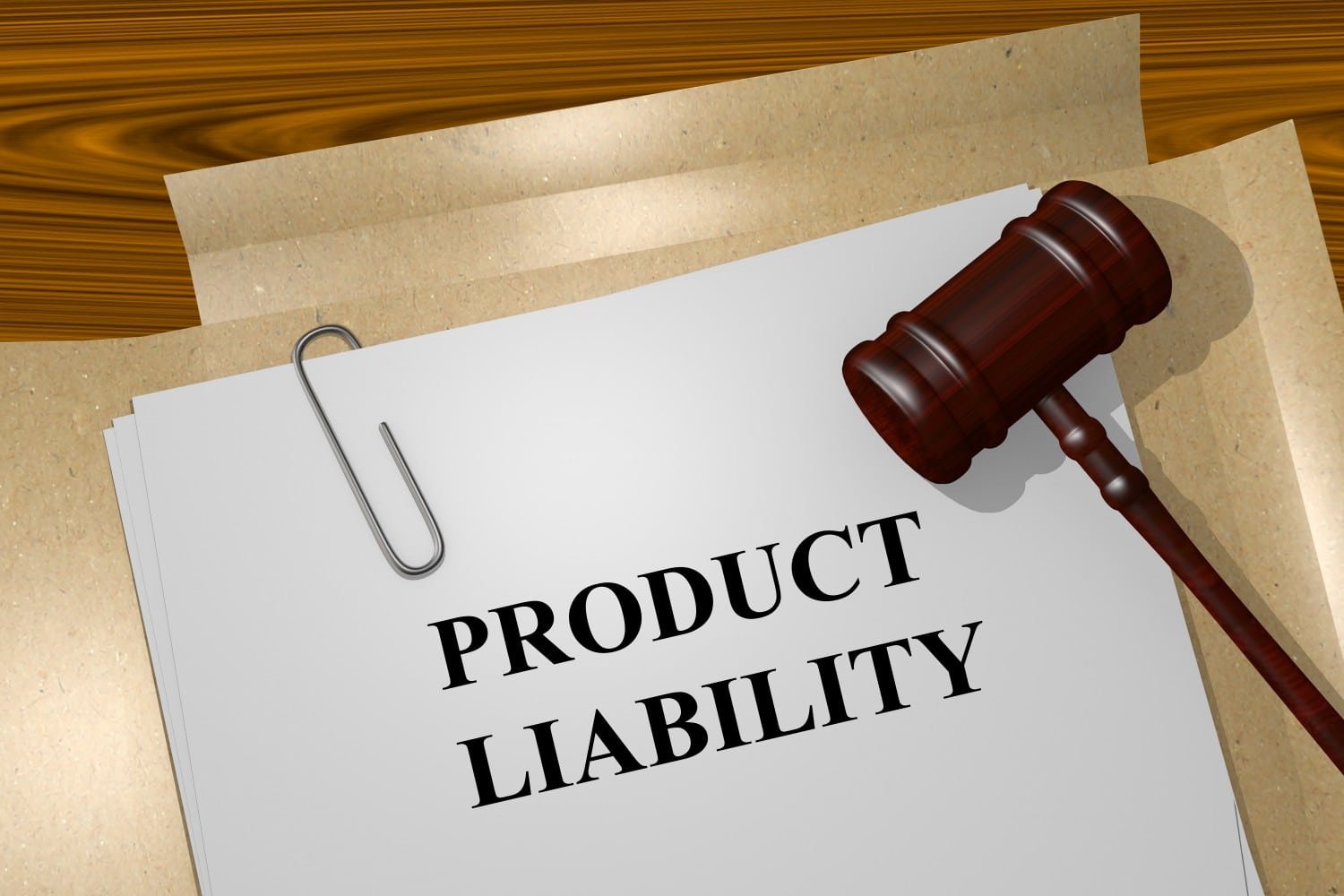When manufacturers begin creating their products for mass distribution, they are required to ensure that their products are safe and otherwise harmless to the general public. While the vast majority of distributed products are typically fine with minor defects ranging in small percentages, occasionally, a massive product defect can occur during the manufacturing process.
What is a Defective Product?
In general, a defective product is any product that doesn’t work as it should or carries a characteristic that hinders its overall performance. While the term defective product is more commonly used in reference to a product that doesn’t work or look in its intended way, it more seriously refers to a product defect that causes harm to someone. There are three distinct categories of defective products:
- Defective Manufacturing-This encapsulates any design flaw or mistake that the product undergoes during the manufacturing process.
- Defective Design- This occurs when a defect overrides the overall design of something and ends up causing an injury.
- Failure-to-Warn- This category defines no proper warning label on a product that leads to direct harm, and there is no warning label placed in an easy-to-find area on the product. The label needs to clearly state all dangers of the product and be directly displayed on the product where users can read it.
While any product can fall into one of those categories, the most common defective products include:
- Pharmaceutical drugs
- Industrial equipment and machinery
- Household appliances
- Medical devices
- Cleaning products
- Children’s toys
It is important for those who discover a defective product to report it. While there is a good chance that it is an isolated issue, it still needs to be brought up to the manufacturer to make sure the defect isn’t on a much larger scale. If the defect is on a larger scale, your report can help alert the manufacturer to the problem before it can escalate and cause other people to sustain injuries.
Injuries Caused By Defective Products
Millions of people every year are injured due to product defects. There are many injuries that can be sustained by defects; however, the most commonly seen product defect injuries include:
- Head injuries- This type of injury is typically seen in reference to poorly crafted motor vehicles. If one happens to break down or fall apart, the driver may end up with head damage even if they are wearing a helmet. This can include traumatic brain injuries (TBIs), concussions, and others.
- Organ damage- While many drug labels can accurately warn you against the long-term effects of that drug usage, some do not. There are medications that could damage important organs such as your heart, liver, kidneys, and brain if taken for an extended period of time.
- Burns- Many home appliances like toaster ovens, microwaves, and hot hair tools have been known to erupt into flames. This defect can cause extreme burns for all parties involved and even damage the surrounding area of your home.
- Broken bones- The defects of some products may cause broken bones. If a chair breaks and someone is sitting on it, they could possibly break a bone resulting in fault on the manufacturer’s behalf.
- Choking- Toys with small parts may be of interest to young children, but those small parts may be serious choking hazards for them. Manufacturers have to display an age minimum for toys to help prevent young children from choking on the pieces.
Though some of these happen at random and cannot be avoided, it is recommended that products that have the possibility of causing damage to be kept away from susceptible parties who may not understand their dangers.
What To Do If You’ve Been Injured By a Defective Product
If you have been injured due to a defective product, you must seek medical attention as soon as possible and completely stop your product usage to prevent any more harm. Though you aren’t using the product anymore, you should still keep it to provide the manufacturer with information. Reporting the defect to the manufacturer can help them figure out how large or small the problem truly is. The more information you are able to provide to them, the better off they will be. It may also be beneficial to take pictures of your injuries for future use.
If the defective product has seriously injured you, you may want to consider filing a product liability claim against the manufacturer. There are a few types of claims you are eligible to file, given the subject matter. Those claims go as follows:
- Warranty breaches- This occurs when a product does not perform its intended function in some way.
- Strict liabilities- This is typically for dangerous products and can cause serious injuries or death if defective. It is ordinarily used when heavy machinery and other similar equipment are found defective.
- Negligence- This type of claim refers to an unsatisfactory way in which products are made, marketed, and sold. Liable parties could include manufacturers, vendors and distributors, and sellers.

